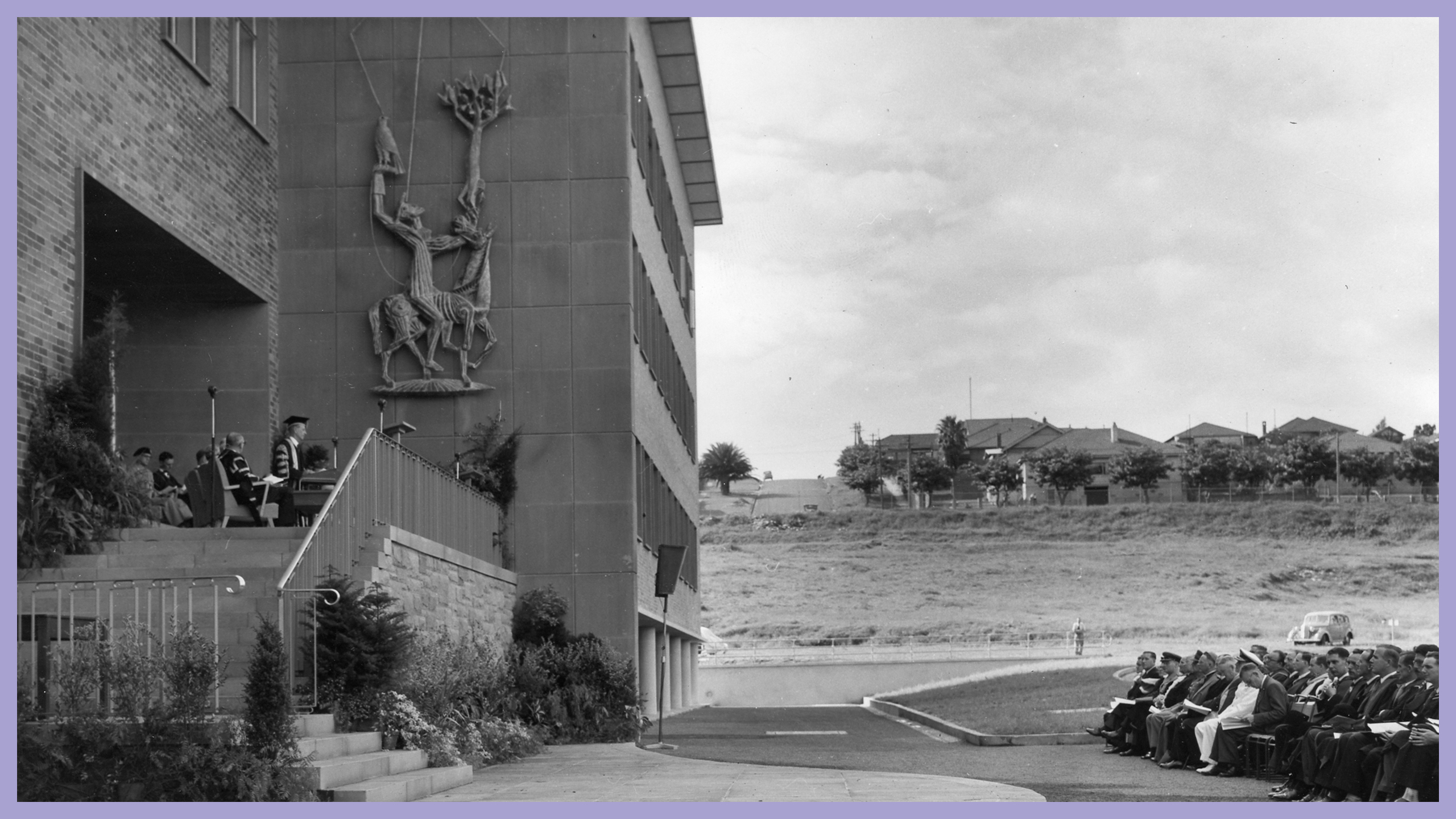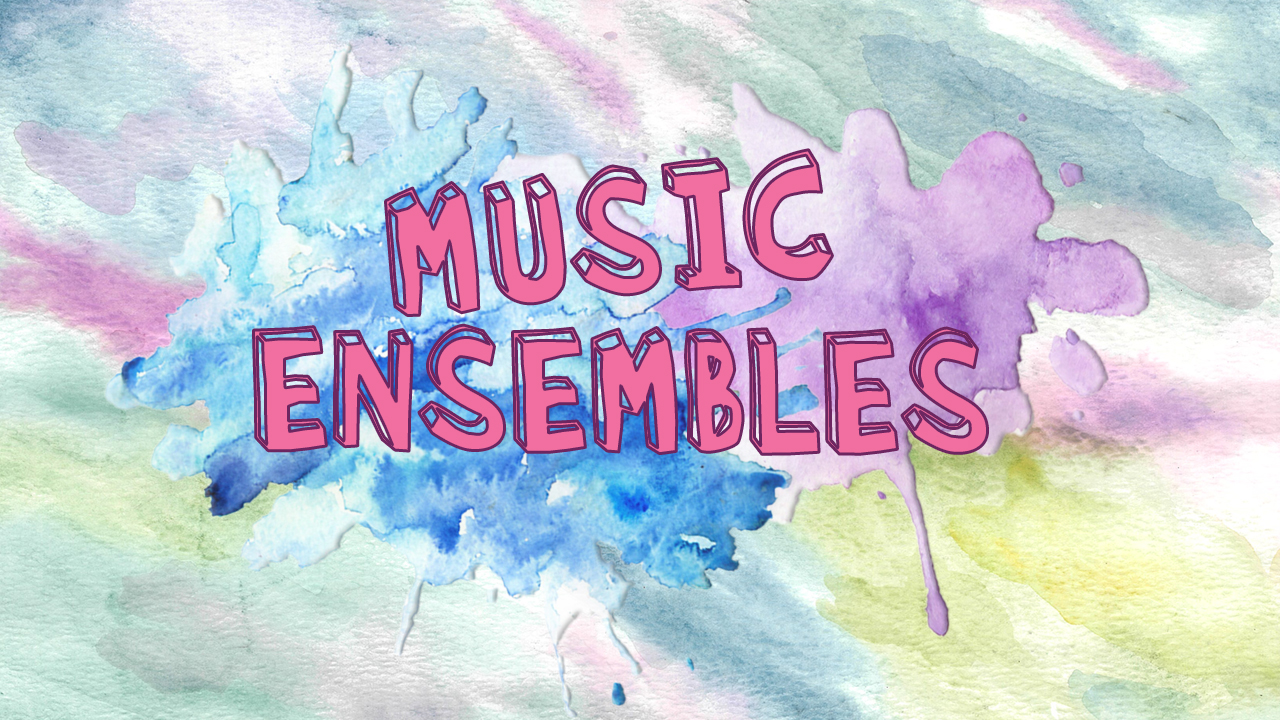POSTPONED How can we thrive in the 21st century? | 7 July

Unfortunately this event is POSTPONED due to the NSW Health restrictions on public events. As the current COVID-19 situation develops we will endeavour to reschedule this event and will be in touch as soon as possible.
If you have any questions, please contact the Centre for Ideas on 02 9065 0485 or email centreforideas@unsw.edu.au.
Whilst we endeavour to reschedule these events, we encourage you to register your interest below so that you can be notified about event updates.
To date the 21st century has delivered global pandemics, climate emergencies and deeply divided politics. But how do we equip ourselves to face this uncertain future and thrive in the 21st century? Hear from UNSW's brightest minds and discover the dark side of renewables, the secret to unlocking the brain, and how weeds could save the world.
Felix Aplin | Building better brains
The human brain is the most complicated computer in the world, but we tend to take it for granted. By linking neuroscience and computer technologies, engineers and scientists are creating neural implants to unlock better pain management strategies, accessibility tools for people living with disabilities, and potential human enhancements. As we move into the most connected and information rich age in human history, how can we ensure that we keep our focus on this kind of big picture science so that those most vulnerable are receiving the help they need?
Andy Symington | The fight for sustainable renewables
Our race for renewables has a dark side, with some of the most important clean energy technologies, such as lithium-ion batteries, bringing unexpected and damaging consequences for human rights and the environment. Although the goals are different, mining for ingredients of lithium-ion batteries can be just as damaging as extraction of some fossil fuels. As a society we need to ensure that our clean energy demands are not leading to further exploitation of the world’s poorest and most vulnerable. But as consumers, can we help ensure that our transition to a sustainable planet isn’t achieved at the expense of the less fortunate?
Joyce Wu | Ending violence against women
Ending violence against women starts with men, their behaviours and attitudes. And changing the social structures and norms which enable domestic violence and harassment starts with a conversation. Unfortunately, discussing gender equality is not always a top priority in pubs, locker rooms and Parliament House. But if men are willing to listen and reflect on their behaviour, we could see real societal transformation, so how do we encourage men to put women on the agenda?
Zoe Xirocostas | What we can learn from weeds
Can weeds help us find answers to the world’s problems? Yes, those pesky plants with the flimsy leaves that always seem to be growing out the cracks of footpaths. A weed is defined simply as a plant in the wrong place, and as climate change drives up temperatures, more plants are being forced to move to cooler climates in order to live. Non-native plant species have wreaked absolute havoc on so many of the world's precious ecosystems, but can we really blame weeds for just trying to survive?
Fiacre Rougieux | The solar energy future is already here...
The transition to zero carbon will be one of the biggest shifts in the history of humankind. Right now, renewable energy in the form of solar and wind is the cheapest it has ever been, and with it comes immense opportunities in employment, economic growth and equality. Australia could be a global leader in renewable innovation, so why don’t we invest in our future?
Kate Faasse | This talk may cause side effects
Imagine if medical side effects were all in your head… turns out more than half of them might be. Most people have heard of the placebo effect, but fewer are familiar with the nocebo effect – the dark side of placebo – where an innocent sugar pill can cause serious negative side effects. Research shows most side effects are likely to be caused by the nocebo effect, so how can medical researchers break this cycle?
Hosted by Bronwyn Graham
VISITOR SAFETY INFORMATION
Please read the COVID-19 visitor safety information prior to registering for this event. Check back closer to the event date as information is frequently updated. Information can be found here.
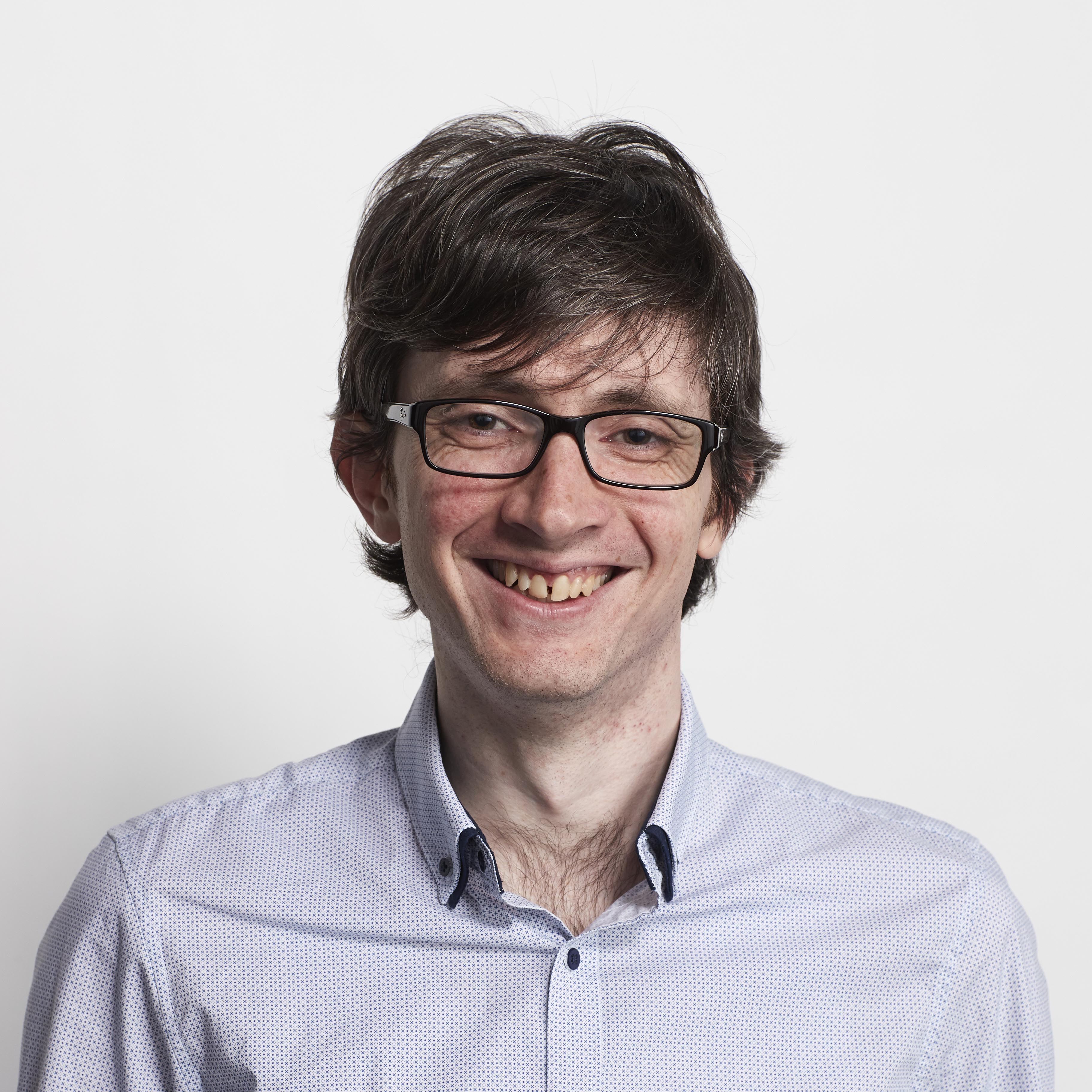
Felix Aplin
Felix Aplin is a postdoctoral fellow at the Translational Neuroscience Facility, Faculty of Medicine & Health at UNSW Sydney. He holds a PhD in Medical Sciences from the University of Melbourne, and has completed research fellowships at Johns Hopkins Hospital and Hannover Medical School. He is currently a chief investigator at UNSW exploring new treatments for chronic pain, and he also works in neural engineering, medical bionics, brain-machine interfaces, and neural degeneration. He is particularly interested in using technology to connect with, and repair, our nervous systems.
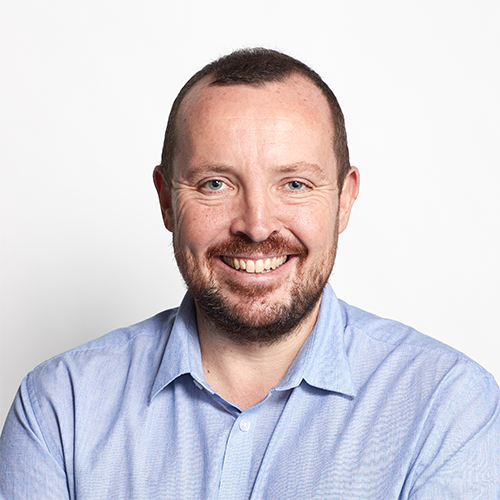
Andy Symington
Andy Symington is a final-year PhD candidate in the School of Global and Public Law in the Faculty of Law and Justice at UNSW Sydney. He is researching corporate engagement with human rights norms in the extraction of lithium, a crucial ingredient of the sustainable energy transition. In 2018 he received UNSW’s inaugural Judith Parker Wood Memorial Prize for human rights law. He is also an experienced and widely published freelance travel writer and journalist.
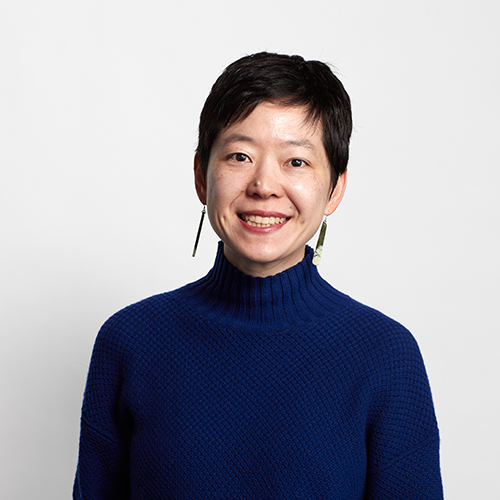
Joyce Wu
Joyce Wu is a Lecturer in the School of Social Sciences in Global Development, in the Faculty of Arts, Design and Architecture. She is a Fulbright Fellow and Visiting Fellow at the Australian National University. Joyce has a diverse history of interdisciplinary research and practitioner experiences. Her research includes sexual and gendered violence in conflict and post-conflict situations (Afghanistan, Pakistan and Timor Leste), intersectionality and inequality, gender mainstreaming, sustainable development, and equity and diversity in higher education. Prior to academic life, Joyce has worked at DFAT, UN Women and CSIRO.
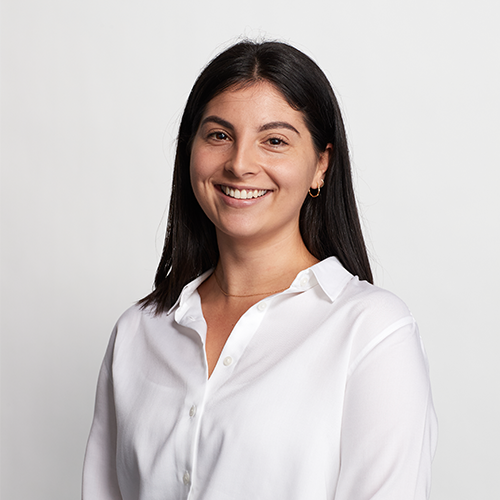
Zoe Xirocostas
Zoe Xirocostas is a third year PhD candidate in the School of Biological, Earth and Environmental Sciences at the Faculty of Science at UNSW Sydney. Her main area of research asks why some introduced plant species are better than others at invading new regions. Xirocostas was awarded the 2020 Outstanding Evolution & Ecology Research Centre Student Outreach Award and was selected for the UNSW Women in Maths & Science Champions program's 2021 intake.
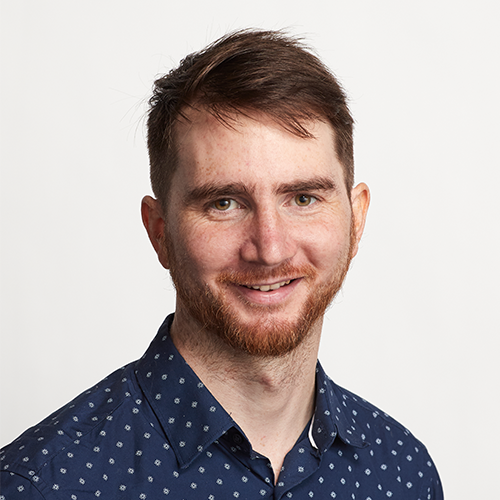
Fiacre Rougieux
Fiacre Rougieux is a senior lecturer in the School of Photovoltaics and Renewable Energy Engineering at UNSW Sydney, and has a PhD from the Australian National University in the field of photovoltaics and semiconductor materials. His work focuses on engineering the materials and devices required to accelerate our transition to a decarbonised and circular economy. Fiacre’s notable achievements include the development of high-efficiency and low-cost solar cell concepts (including efficiency records for solar cells made with upgraded metallurgical grade silicon) and unravelling the physics of defects limiting high efficiency devices. He has also published and co-authored more than 80 papers. Fiacre has won numerous awards and fellowships including a UNSW Vice-Chancellor fellowship, an Australian Research Council (ARC) Discovery Early Career Researcher Award (DECRA) and an Australian Renewable Energy Agency (ARENA) Postdoctoral Fellowship.
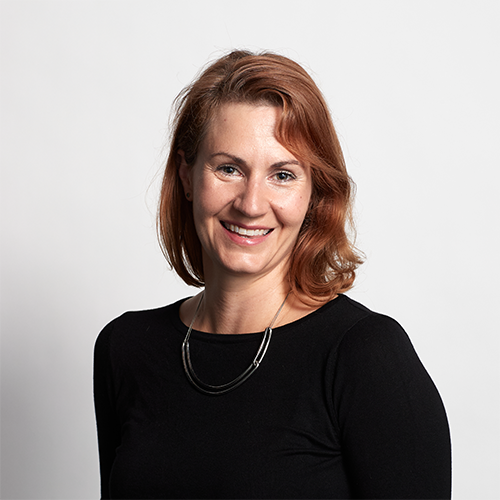
Kate Faasse
Kate Faasse is a Senior Lecturer in Health Psychology, in the School of Psychology, Faculty of Science at UNSW Sydney. She is an ARC DECRA awardee, and recently received an Early Career Research Award from the International Society for Behavioural Medicine. Faasse’s main research area focuses on the nocebo effect – the dark side of the placebo effect – where negative expectations can cause unpleasant side effects. Her research explores how nocebo effects form, and how we can stop them.
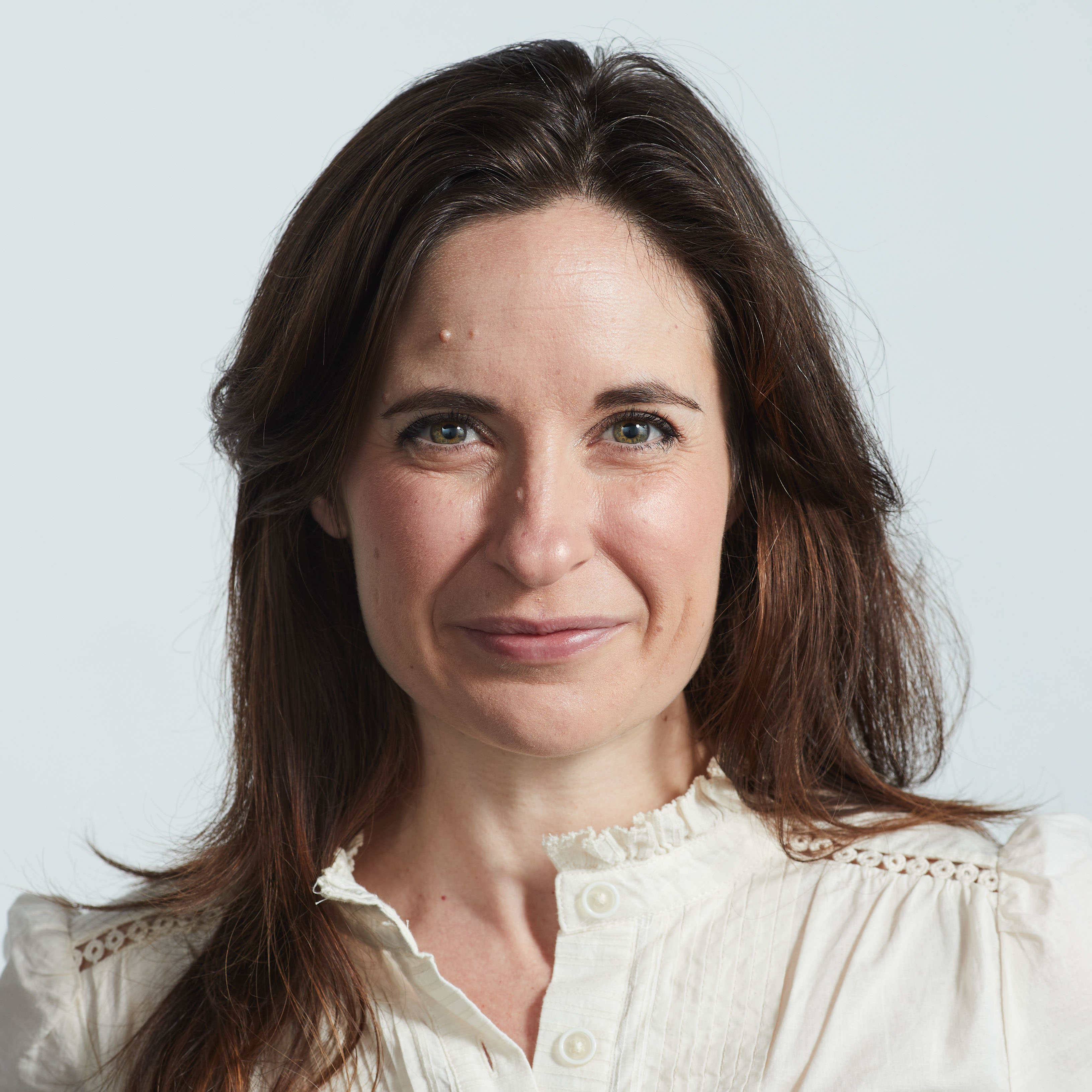
Bronwyn Graham (Host)
Bronwyn Graham is an Associate Professor in the School of Psychology, Faculty of Science at UNSW Sydney. Bronwyn combines her expertise as a behavioural neuroscientist and clinical psychologist to investigate the neurobiological underpinnings of anxiety disorders, with a particular focus on understanding why anxiety affects twice as many women as men. Bronwyn has held numerous fellowships, including an ARC DECRA, a UK-based MQ Foundation Fellowship, and an American Australian Association Neurological Fellowship. In 2020, she received the Aubrey Lewis Award from Biological Psychiatry Australia. Her findings have been disseminated to health professionals in publications like the Psychiatric Times and on the ABC’s Lateline.

